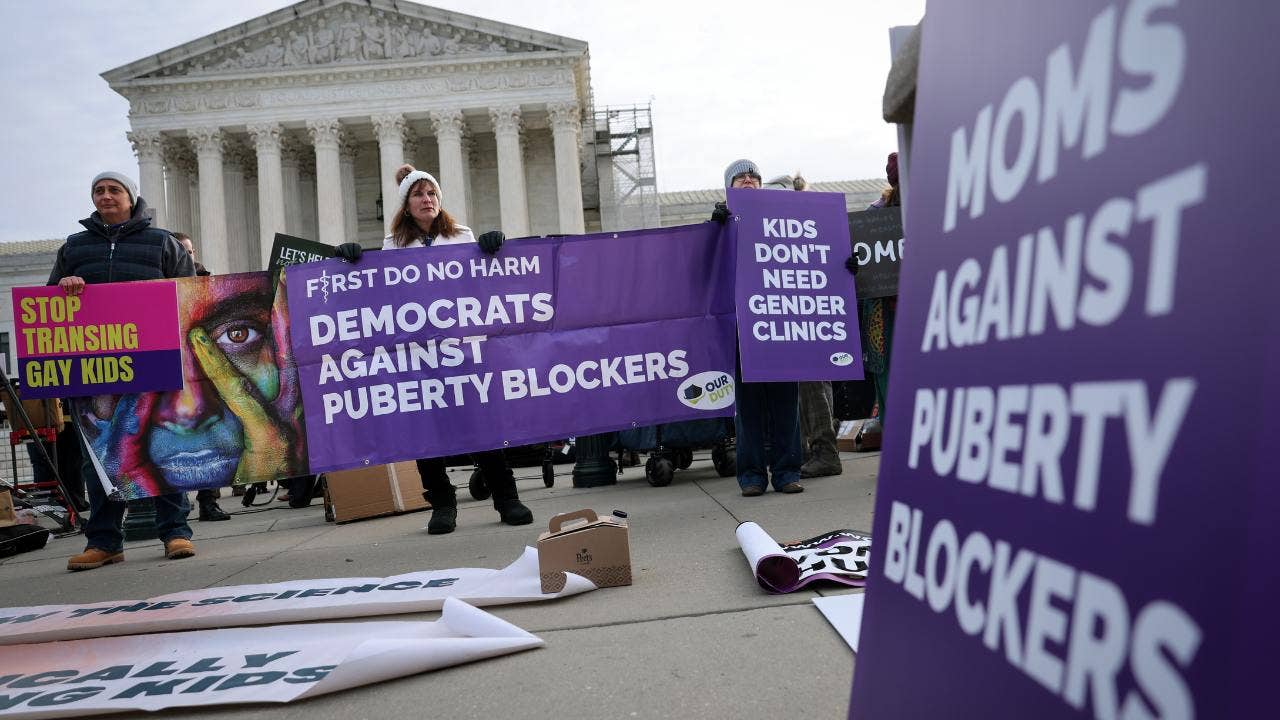Sotomayor compares trans medical ‘treatments’ to aspirin in question about side effects during oral arguments

In a landmark case before the U.S. Supreme Court, Justice Sonia Sotomayor drew an unexpected comparison between the risks of transgender medical procedures on minors and the potential side effects of taking an over-the-counter painkiller. During oral arguments in the U.S. v. Skrmetti case, Sotomayor emphasized that all medical treatments come with a level of risk, and it is crucial to weigh the benefits against the potential harms.
The case revolves around a Tennessee law that prohibits gender-transition treatments for adolescents in the state. Supporters of the law, including Tennessee Solicitor General Matthew Rice, argue that countries like Sweden, Finland, and the United Kingdom have restricted such interventions due to reported irreversible consequences. Rice highlighted the importance of considering the risks associated with gender transition and questioned the efficacy of alternative approaches.
Justice Clarence Thomas queried Rice about potential alternative strategies, such as those implemented in West Virginia, but Rice dismissed them as speculative policymaking that does not eliminate the risks entirely. He emphasized the need to balance the benefits and risks of gender-transition treatments, particularly in the case of minors whose bodies could be irreparably harmed.
The case has drawn significant attention as it marks the first time the Supreme Court is addressing the issue of transgender medical procedures. The outcome could have far-reaching implications for transgender rights and healthcare practices across the country. The three justices appointed by former President Trump – Brett Kavanaugh, Amy Coney Barrett, and Neil Gorsuch – are expected to play a pivotal role in the decision.
The petitioners in the case, represented by the American Civil Liberties Union (ACLU) and a Memphis-based doctor who treats transgender patients, are challenging the Tennessee law on behalf of parents of three transgender adolescents. The Biden administration has also intervened in the case, citing its significance for the general public.
As the Supreme Court deliberates on the U.S. v. Skrmetti case, the future of gender-transition treatments for minors hangs in the balance. With at least 25 states having banned such procedures and others implementing protective laws, the court’s ruling could have a profound impact on the rights and healthcare options available to transgender individuals. A decision is expected by July 2025, and the implications could reverberate throughout the country.




